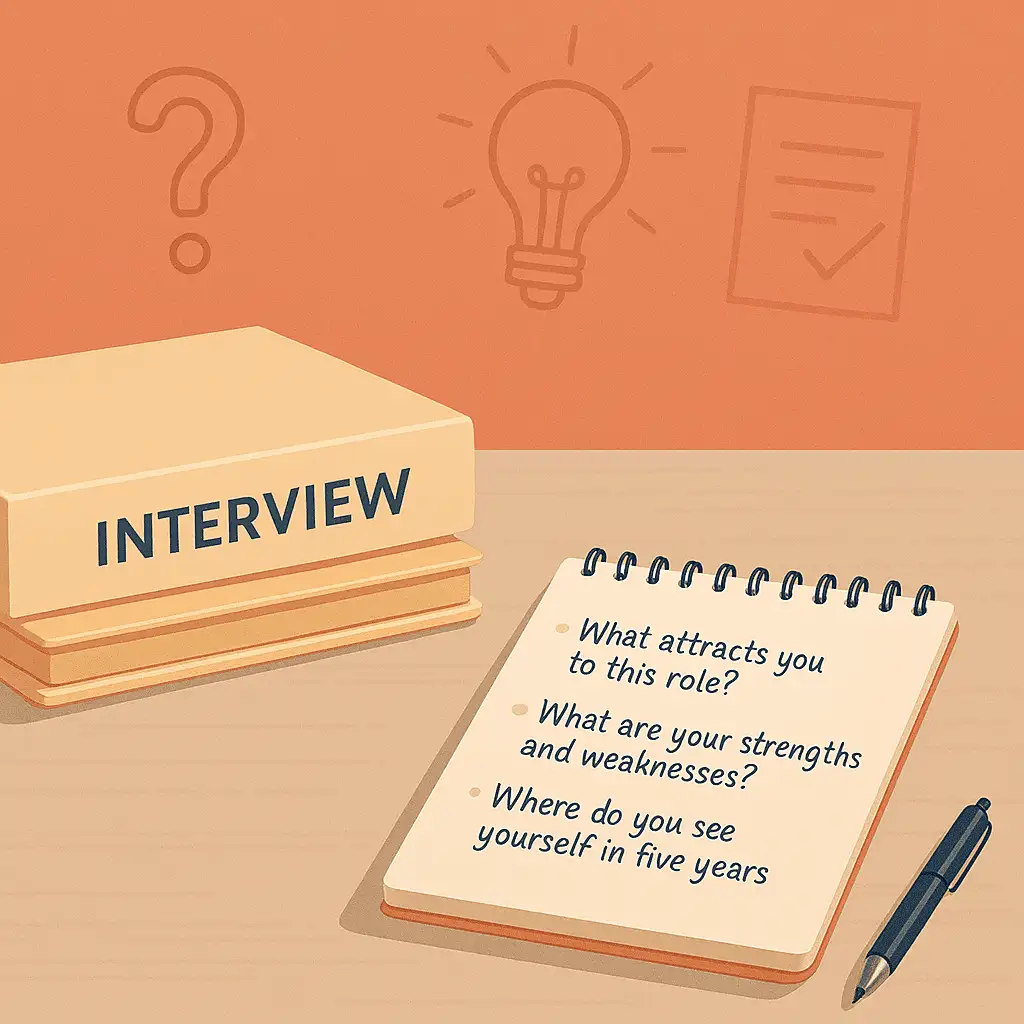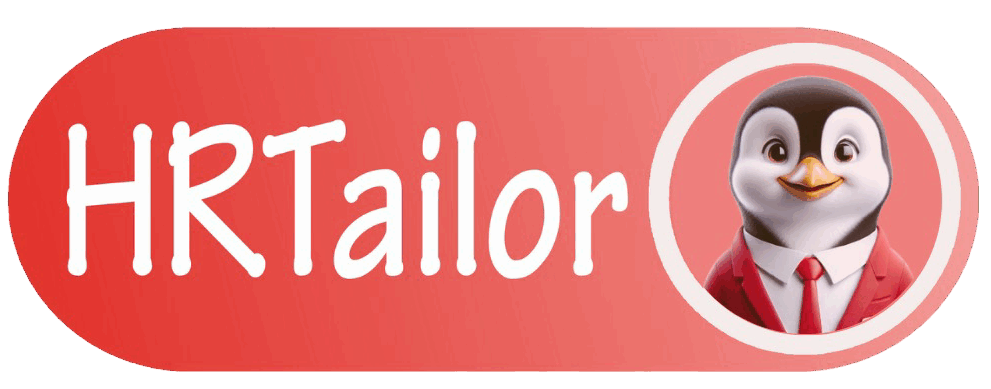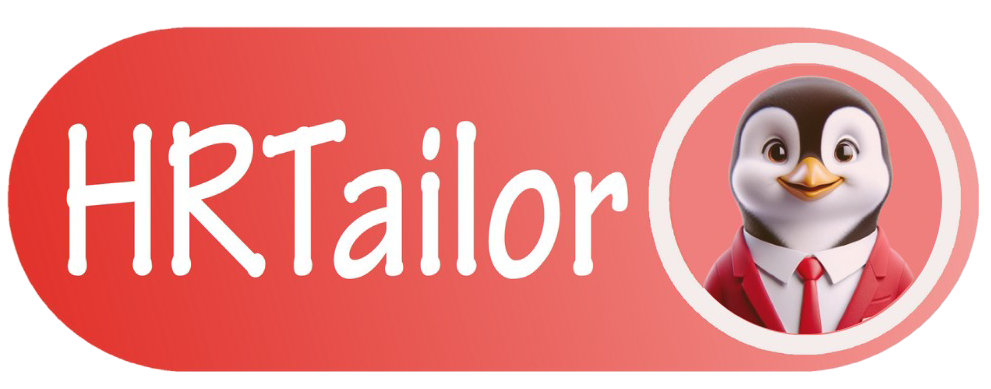
Why Talent Acquisition Needs Fewer Interviews and Better Questions
Interviews are often viewed as the gold standard of hiring. However, in today’s talent-driven market, the traditional model of multiple rounds, repetitive questions, and drawn-out timelines may be doing more harm than good. Talent acquisition, when done right, is about precision—not volume. The best candidates don’t want to jump through endless hoops. They want clarity, efficiency, and meaningful engagement. Companies, in turn, need insight—not just face time.
So, what’s the case for fewer interviews and smarter questions?
Longer Interview Processes Are Losing You Talent
Today’s top candidates have options—and they move fast. When your hiring process drags across multiple rounds, it’s likely that the most qualified applicants have already accepted an offer elsewhere. Extended interview cycles increase drop-off rates, reduce your chances of securing in-demand talent, and add unnecessary friction to the hiring experience. Instead, companies are learning that leaner processes with focused assessments lead to quicker, more confident decisions.
More Interviews Don’t Mean Better Decisions
It’s tempting to involve everyone from team leads to senior managers in candidate evaluation. But too many cooks in the kitchen often lead to:
Conflicting feedback
Decision fatigue
Unconscious bias creeping in
What truly improves hiring accuracy isn’t more interviews—it’s asking the right questions at the right time.
Better Questions Drive Deeper Insight
Great interviews don’t feel like interrogations. They feel like conversations with a purpose. That’s why forward-thinking organizations are shifting focus toward high-quality, behavior-based questions that reveal how a candidate thinks, acts, and adapts.
Questions like:
“Tell us about a time you failed, and how you handled it.”
“What would you do if your priorities were suddenly flipped by a manager?”
“What does success in this role look like to you?”
These types of questions go beyond skill and experience—they tap into emotional intelligence, cultural fit, and real-world problem-solving.
It Also Saves Time for Everyone Involved
With structured interview planning, HR and hiring managers spend less time in meetings and more time on analysis. That translates to faster offer rollouts, better onboarding prep, and reduced hiring costs. More importantly, candidates feel respected and valued, which enhances employer brand perception—whether or not you end up hiring them.
Tools and Data Can Fill the Gaps
Technology has made it possible to reduce interview rounds without compromising quality. Skill assessments, psychometric tests, and AI-powered screening tools now give you candidate insights upfront, making interviews more focused and objective.
Rather than asking the same questions across five panels, companies can use data to pinpoint gaps and ask only what really matters.
The Future of Talent Acquisition Is Streamlined
Fewer interviews don’t mean lower standards—they mean smarter hiring. By trimming the excess and sharpening your evaluation criteria, you reduce bias, move faster, and attract talent that respects your process. Companies that adopt this model often see lower time-to-hire, higher offer acceptance rates, and stronger retention post-joining.
The Bottom Line
Even though the interview process gets most of the spotlight, the real efficiency often depends on what happens behind the scenes. That’s where a structured HR foundation matters. At HRTailor, we help companies stay prepared with automated onboarding flows, policy implementation, leave management, and HR compliance systems—ensuring that every new hire enters a setup that’s already streamlined and well-managed. With the right processes in place, your team can focus less on paperwork and more on making confident, high-impact hiring decisions.

